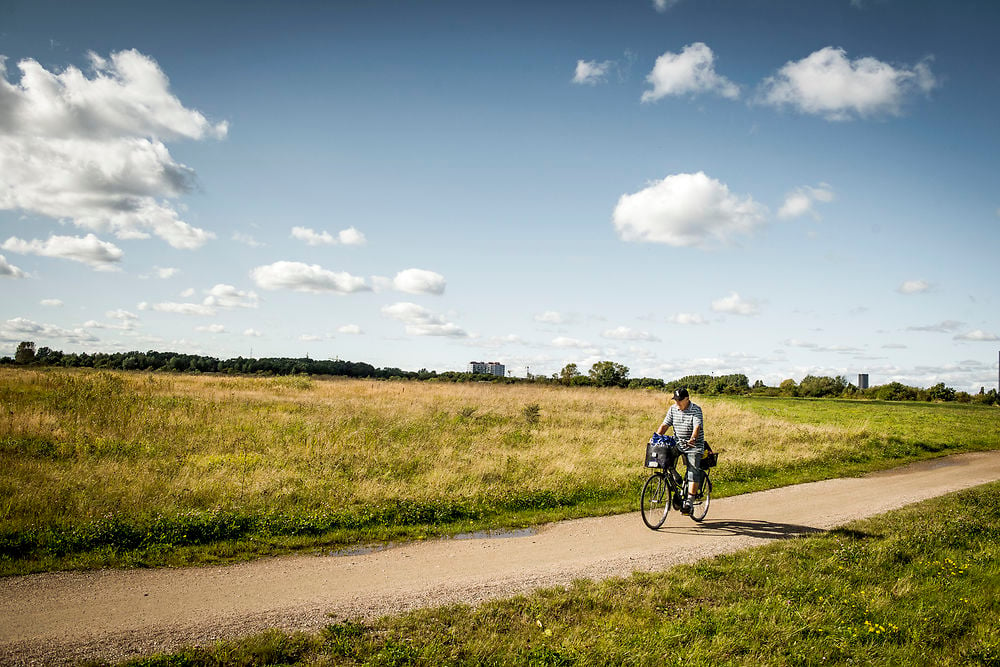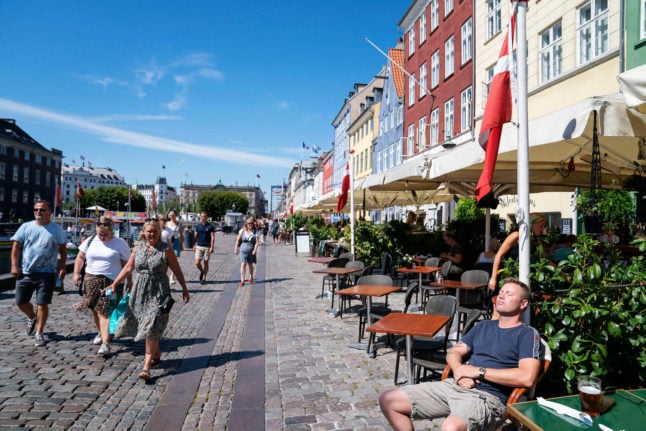The 219,000 square-kilometre area, known as Lærkesletten, can be sold to developers who wish to build homes on the land, broadcaster TV2 reported.
The sale raises money needed by the city to pay for the new Metro lines, which opened last year, and was part of a political deal agreed in 2017.
City councillors from the Social Democrats, Social Liberals, Liberals, Conservatives, Danish People's Party and two independents voted in favour, while Red-Green Alliance, Alternative and Independent Green parties and one independent opposed.
Located on the southern edge of the natural area on island Amager, the area is frequently used by people from the city for cycling, running and walking.
“We have seen that nature and the environment are at the centre of the public’s perception of what’s important. They want real wild nature in Denmark,” Gorm Anker Gunnarsen, who represents the Red-Green Alliance on the city council, told news agency Ritzau.
An Epinion survey this week showed that 76 percent of people who live in Copenhagen are either partly or completely against development of the area.
Gunnarsen told Ritzau he still believes there is a chance of preserving the nature zone.
“We have the authority to withdraw a building permit in special circumstances,” he said.
An advisory public vote could on the matter provide the basis for this, he argued.
“This case will not then just rest on which party you are with, but also on your view of the individual case,” he said.
READ ALSO: Copenhagen natural area Amager Fælled gets new development plan



 Please whitelist us to continue reading.
Please whitelist us to continue reading.
Member comments